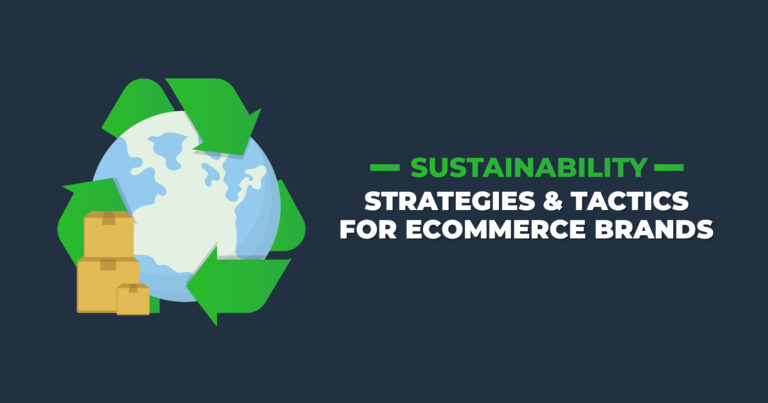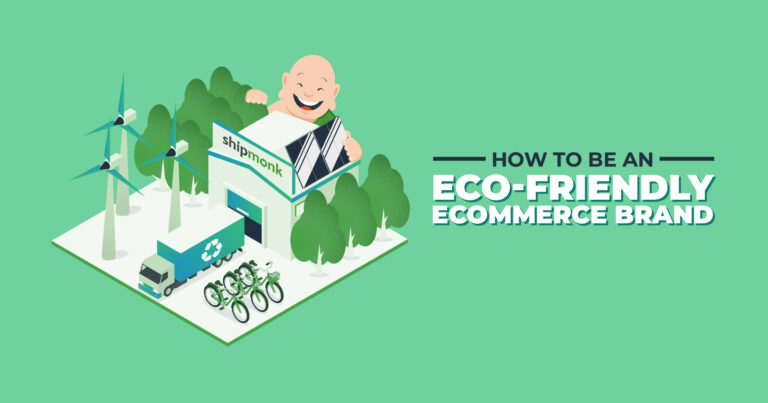What Is Shipping Insurance?
During the months of November and December 2016 alone, the USPS estimated it would deliver 750 million packages, up 12% from the previous year. FedEx also expected a record-breaking season with a projected 385 million packages delivered while UPS predicted it would deliver over 700 million parcels. With all those seasonal packages in transit across the globe, it’s safe to say that quite a few became lost or damaged in the holiday rush. That’s where shipping insurance comes in.
Although consumers are, in general, protected in the event that a package suffers a mishap in transit, this doesn’t always hold true for the shipper. For individuals or businesses that want added protection, shipping insurance can be a valuable option that provides peace of mind for both the shipper and for the recipient.
What is shipping insurance?
Shipping insurance is a service that offers financial reimbursement to the sender if a package is lost, stolen, or damaged in transit. Many couriers provide a basic level of insurance, and extra insurance can often be purchased as an add-on. However, many couriers as well as shipping insurers have restrictions on just what types of goods and delivery methods can be insured. For example, UPS will not insure cash, coins, or precious stones. Also, depending on the carrier or insurer, some shipping locations may be excluded from coverage. Similarly, insurance eligibility may be subject to packing requirements. It’s not unusual for insurance contracts to contain fine print that excludes what are considered to be poorly packaged items.
Do I need shipping insurance?
If your company ships high-value or one-of-a-kind items—for instance, electronics, custom orders, or original artwork—it’s in your best interest to insure those goods. Even if the products are relatively low in value, the cost of replacing lost, damaged, or stolen packages can add up quickly and cut into your profit margin. Investing in shipping insurance can protect your company from unexpected losses due to circumstances outside of your control.
How does shipping insurance work?
Insurance can be purchased to protect packages and to ensure reimbursement up to a certain dollar amount in the event of loss or damage in transit. Insurance fees are generally based on the item’s declared value.
If a package is lost, stolen, or damaged, the recipient should contact the shipper immediately. Many insurance providers have timeframe cutoffs and if a shipper waits too long to alert the insurer—or the customer waits too long to alert the shipper—the shipper may be held liable and forfeit the right to file the claim. On the recipient’s end, if a package is damaged upon delivery, the recipient should always take photos for proof.
What types of shipping insurance are available?
There are 3 types of shipping insurance, and each has its own benefits and potential disadvantages.
Carrier Insurance
The most common type of shipping insurance is carrier insurance. This is offered through a carrier such as the USPS, FedEx, or UPS. Some carriers, including FedEx and UPS, offer a basic level of insurance with most packages—usually up to $100—then allows the shipper to purchase additional coverage based on the declared value of the item. If a company regularly ships a high volume, over time, individually insuring packages can become quite costly. Furthermore, some carriers may refuse to insure international shipments.
While carrier insurance is easily obtained at the point of shipment, processing a claim on a lost or damaged package can entail a long wait time and significant effort on the part of the shipper before reimbursement. In the event that a package is lost or stolen, the carrier may require the shipper to prove the value of the item via supporting documentation. In the case of a damaged packaged, the carrier may require photos and/or a physical inspection of the damaged item and sometimes also a repair estimate.
3rd Party Insurance
Another popular choice for many businesses is to purchase 3rd party insurance. This type of insurance is acquired through a private company that’s not affiliated with any specific carrier. Because 3rd party insurers are focused solely on insuring packages and not shipping them, the shipper can benefit from their specialized service and lower costs. If a business regularly ships a high volume, 3rd party insurance can be the most economical choice to protect against unexpected loss or damage.
Many 3rd party insurers will cover international shipments. Claims processing is normally much shorter than carrier insurance, and most 3rd party insurance providers involve less hassle on the shipper’s part to prove damage. Additionally, many 3rd party insurers offer streamlined claims processing with dedicated representatives and convenient online claim filing which reduces paperwork and provides for tracking the claim in real time.
Furthermore, 3rd party insurers have the ability to configure insurance options to suit specific business needs, such as insuring shipments either at product cost or retail value. Other options may include the capability of insuring all shipments across the board or to limit coverage just to shipments with a declared valued above a specific dollar amount.
Self Insurance
The third and last option is self insurance. In this case, the shipper assumes full responsibility for the package and the shipper covers the cost of a replacement or refund. While this cuts out claims processing with a carrier or 3rd party insurer, the out-of-pocket expenses can add up quickly.
Are you covered?
Choosing the right shipping insurance for your business is an important decision. Based on a combination of your risk tolerance and the value of your merchandise, rest assured, there is a great option for your company.
Got questions, tips, or a unique experience to share? Email us for a chance to be featured on our blog!



